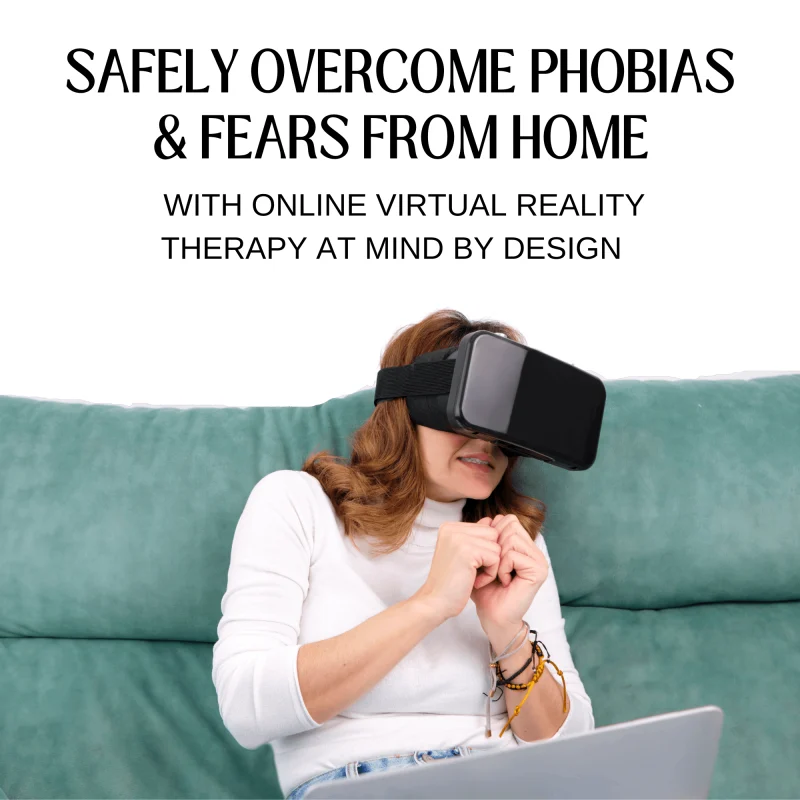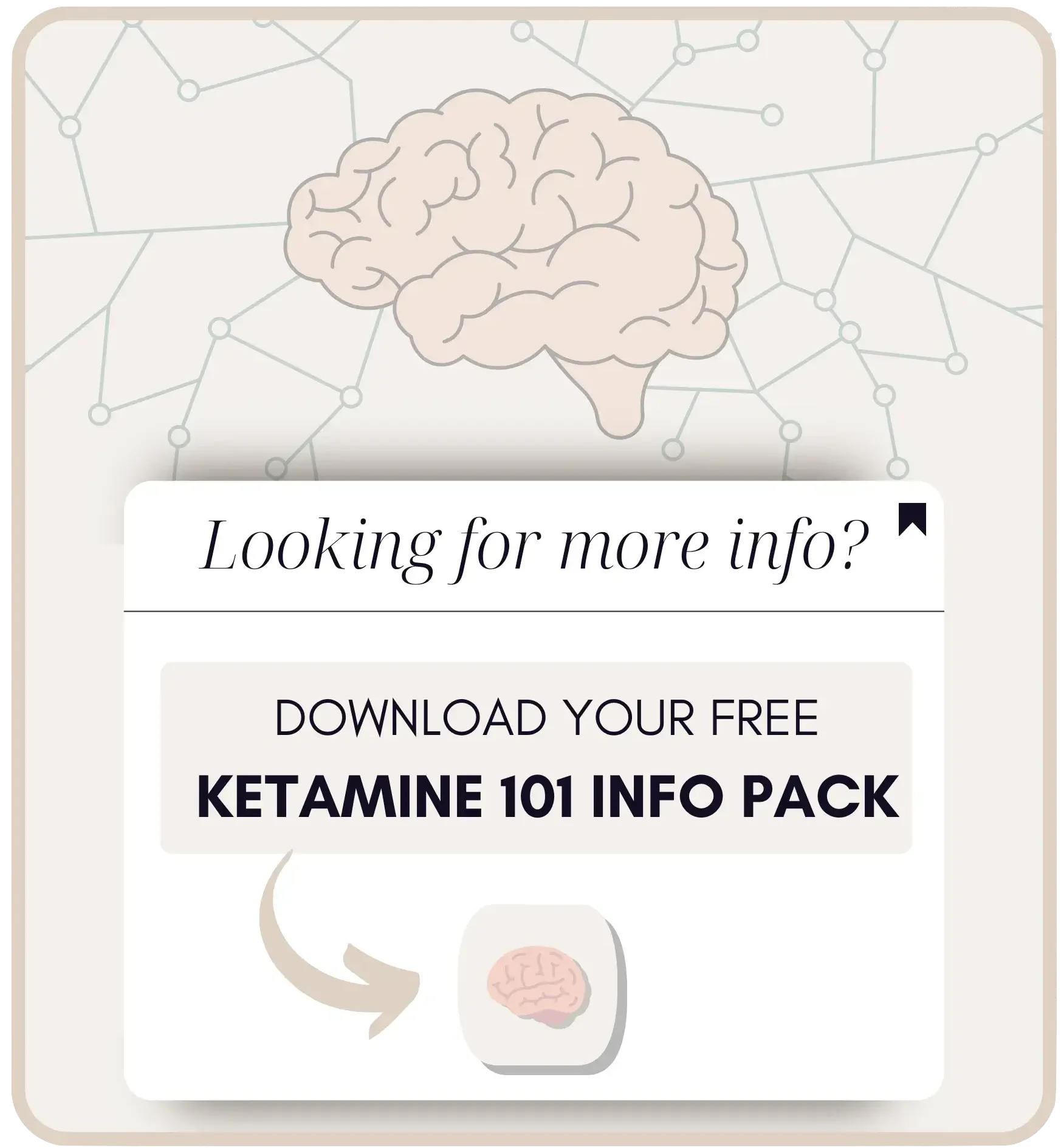Restorative Online Trauma Counseling
in New Jersey
Find Relief from PTSD & C-PTSD Symptoms.
Reach out to a trauma therapist today.
Trauma Counseling serves as a valuable tool for individuals struggling with symptoms related to PTSD & stress. Whether you work with a therapist for trauma counseling or a different mental health concern, you can expect that your treatment at Mind by Design Counseling is understanding, comprehensive & supports your unique journey towards mental wellness.
As described in many of blog postings on mental health & trauma, we find it important to emphasize that the symptoms & effects of trauma do not define who you are but rather reflect how your brain processes stress and fear. Therefore, Mind by Design trauma counselors focus on integrating the body & mind to facilitate healing & effective symptom reduction.
How Does Trauma Counseling Help?
Irrespective of the chosen technique in trauma counseling, the ultimate aim remains constant: to help you reclaim your sense of self and well-being. The goals we often work towards in trauma counseling include:
Developing Coping Skills
Essential coping skills are taught to clients to help overcome challenges and prevent regression.
Understanding & integrating the traumatic event
To facilitate a comprehensive understanding of the past traumatic experiences.
Shifting focus to the present
Counseling encourages a shift in attention from the past event(s) towards the present moment and future possibilities.
Alleviating or resolving symptoms
The primary aim is to lessen or eliminate the distressing symptoms associated with trauma
Identifying & Restructuring Negative Thought Patterns
Therapy targets negative thinking patterns related to the traumatic event, aiming to restructure distorted thoughts.
Exploring Intergenerational Trauma
Education is provided about the impact of itergenerational trauma, examining how it trauma can be passed down through generation.
Addressing addiction & Adverse Experiences
Counseling address addiction and/or negative life experiences that may exacerbate symptoms related to trauma
Ketamine Treatment for
Trauma & PTSD
Psychedelic experiences can facilitate a deep exploration of your self and amplify your consciousness. However, without the right support, these experiences could potentially escalate psychological pain and fear of transformation. Adequate preparation and post-experience integration, facilitated by trained therapists, are crucial to creating a healing psychedelic journey.
techniques used in trauma counseling
Whether you are in the process of overcoming past trauma or navigating life after a recent traumatic incident, reaching out to a trauma therapist is a significant initial step. Trauma-focused therapy provides a safe space for processing past events, addressing memories, and empowers individuals to pursue their envisioned lives. Although it may be challenging, it is possible to move forward from traumatic events and refuse to let them define one’s identity.
Below are some of the most common techniques used in therapy for trauma and PTSD:
Cognitive Processing Therapy (CPT) is an effective approach within trauma-informed therapy. It helps individuals challenge and modify unhelpful beliefs related to their traumatic experiences. This technique prioritizes areas like safety, trust, power, control, esteem, and intimacy affected by trauma, promoting healing and recovery.
Somatic Experiencing/Mindfulness is a therapeutic approach focused on fostering relaxation and body awareness during traumatic experiences. Through this technique, you will develop skills to control and comprehend your body’s responses when encountering trauma symptoms. Additionally, to enhance present-moment engagement, sensory work and grounding exercises like progressive muscle relaxation will be practiced, allowing you to cultivate a deeper sense of presence in your daily life.
TF-CBT is an approach that empowers you to recognize and transform the thoughts, emotions, and actions associated with your trauma. This therapeutic intervention is designed to be brief, focusing on the modification of distorted thinking patterns and negative behavioral responses. Through TF-CBT, you will learn techniques to challenge intrusive thoughts rooted in guilt and fear, ultimately reshaping your thinking toward a more positive and fulfilling mindset.
Narrative therapy is an experiential aspect of treatment that follows the utilization of relaxation techniques, providing a safe space to delve into your trauma. This therapeutic approach aids in the telling of your experience and the release of deeply buried memories to diminish and ultimately eliminate feelings of shame and self-blame.
Prolonged Exposure Therapy is a therapeutic approach that is sometimes used to assist individuals in confronting their fears stemming from traumatic experiences. Avoidanct behaviors may emerge, causing you to steer clear of certain locations or triggers associated with your trauma. In prolonged exposure therapy for post-traumatic stress disorder (PTSD), you will actively confront feared objects, activities, or situations under the guidance of a PTSD therapist.
Delivery of Exposure Includes:
Imaginal Exposure,
Virtual Reality Exposure Therapy (VRET)
In Vivo Exposure Therapy

Emotional & Psychological Symptoms
addressed in trauma counseling
Therapy for trauma and PTSD may look different for many people due to the varying degrees of the trauma impact. Although many people experience anxiety about starting therapy, it is important to understand that a trauma counselor recognizes the emotional psychological symptoms that you may experience, and works carefully to ensure that the therapy room is a safe and comfortable space.
It is important to note that both emotional and psychological trauma arise from enduring periods of intense and prolonged stress, or a single event that induced fear, anxiety or a sense of losing control. Furthermore, these events or experiences completely disrupt your sense of safety and leave you feeling helpless, as if you are existing in a perilous world.

Moreover, psychological trauma can leave a lasting impact, manifesting as distressing emotions, persistent memories, and anxiety that cannot be easily resolved. It may lead to feelings of numbness or detachment, making it challenging to establish trust and open up to others.
Above all, it is important to understand that, when it comes to therapy for trauma, the subjective experience of an event holds greater significance for your mental well-being than the objective circumstances.
Causes of Emotional & Psychological Trauma
Single traumatic events
In these cases, we are referring to accidents, injuries, or acts of violence. Childhood experiences or unexpected incidents can be particularly traumatic. These single events are what many people commonly associate with PTSD and trauma-realted issues.
Ongoing & repetitive stress
Here, we are referring to examples of ongoing and repetitive stress include struggles with substance abuse or addiction and enduring multiple traumatic incidents, such as domestic violence, bullying, or childhood neglect.
Indirect Trauma Exposures
Unlike what many of us typically think of when we refer to trauma, however, indirect trauma includes exposure to traumatic events that does not directly involve us. This may be witnessing a traumatic event or hearing of a traumatic event, or caring for someone after a traumatic event.
Frequently overlooked causes
Furthermore, events such as surgical procedures, the sudden loss of a loved one, the dissolution of a significant romantic relationship, a humiliating experience, or life transitions can easily result in trauma.
Symptoms commonly treated in
trauma counseling in New Jersey
Therapy for Trauma to Treat Emotional/Psychological Symptoms
- Insomnia or nightmares
- Fatigue and excessive sleepiness
- Racing heartbeat or tightness in your chest
- Being easily startled
- Body aches and pains
- Muscle tension
- Headaches
- General irritability and agitation
Factors Increasing Vulnerability to Trauma
- Experiencing a prolonged period of high stress
- Recent losses or a series of losses
- Previous experiences of trauma
- Adverse childhood experiences
- Substance misuse
- Lack of a support system
- Poverty and/or financial hardship
Therapy for Trauma to Treat Physical Symptoms
- Difficulty concentrating or confusion
- Shock, denial, or disbelief
- Anger, irritability, and mood swings
- Guilt, shame, and self-doubt
- Fear and anxiety
- Feeling sad, hopeless, disconnected or numb
- Flashbacks of vivid memories
- Avoidance of reminders of the trauma
How Trauma Counseling In NJ Can Provide Support
Although you may experience periods in which you feel relatively better, trauma symptoms may resurface and bring back distressing memories and emotions, particularly when triggered by certain circumstances. For instance, the anniversary of the traumatic event might intensify your trauma symptoms.
If your psychological trauma symptoms persist or worsen over an extended period, it’s possible that you are experiencing Post-Traumatic Stress Disorder (PTSD). PTSD entails being trapped in psychological shock, struggling to comprehend the event or process emotions. With that being said, seeking assistance from a therapist specializing in PTSD can be beneficial.
How Can A Trauma Therapist Help You?
Therapy can increase distress tolerance, coping skills and build a strong foundation for mental and physical well-being. In addition, therapy builds a strong foundation for future happiness.
Your therapist may use one or more of the following during counseling for trauma:
Integrating KAP in Trauma Therapy

Ketamine Assisted Psychotherapy (KAP)
KAP is a holistic modality in which ketamine is used as a complement to psychotherapy to help eligible patients experience more frequent breakthroughs and sustained improvement in symptoms. Furthermore, KAP assists clients in working through mental, emotional and psychological challenges that may be resistant to traditional treatment, like talk therapy. KAP is commonly used to treat: PTSD & Trauma OCD Chronic Pain Major Depression Panic Disorder Sleep Disturbances Substance Misuse & Addiction
Trauma Therapy Using Art Therapy Supports

Expressive Art THerapy
Alternative Therapy that supports the healing process includes play therapy, art therapy, mindfulness, and calming techniques offers art and play therapy for children and teens to include fun interactions while accomplishing goals.
Virtual Reality Therapy supports in Trauma Treatment

Virtual Reality Therapy
Virtual Reality Therapy has a wide variety of uses, and can be particularly helpful for individuals with trauma and PTSD engaging in exposure therapy, mindfulness practice and somatic healing.
Somatic-Experience Therapy supports in Trauma Treatment

Somatic Experiencing (SE) Therapy
SE operates on the principle that trauma symptoms arise when our natural fight, flight, or freeze responses are thwarted. By gently guiding clients to become aware of these trapped physiological responses, SE helps them process and release this energy, facilitating deep healing therapy (Sutini et al., 2022).
Expert Trauma Therapists Are Here for You
Find Relief today
Mind By Design Counseling in New Jersey offers trained therapists who can work with you through an assessment and provide online treatment for your child or teen. You can contact us online with an inquiry or by phone to move forward to see if it’s a good match for everyone. Our care coordinator will provide assistance and arrange an appointment for you.
Get In Touch With An Online Therapist Today!
FAQ's: Therapy for Trauma in New Jersey
Where are you located? I need a therapist near me
We are fully online, which means that your therapy sessions will be help via video call on our HIPAA compliant Platform. Anyone in New Jersey can access our therapy services
How do I get started as a new client?
New Clients can reach out to us directly via call, text or email here:
Does my insurance cover my visits?
We provide”Courtesy Billing” for clients who are using the Out-of-network insurance benefits.
Our Insurance Page shares a small blurb about Why We Left Insurance Panels
What are out-of-network benefits?
When using OON benefits, patients typically pay the full cost of the treatment upfront and then file a claim with their insurance company for reimbursement. The amount of reimbursement can vary depending on the plan, but it can sometimes be as high as 90%. Call your insurance to see if you have OON benefits or click here to call us and we can check for you!
Is Online Therapy As Effective As In-Person Therapy?
Online therapy is essentially face-to-face counseling, just conducted remotely. Studies show that teletherapy is as effective as traditional counseling. Professional organizations and state governments recognize its benefits and have set regulations for it. However, like any therapy, its success in achieving your goals isn’t guaranteed. It’s important to discuss with your therapist whether teletherapy is working for you.
How Should I Prepare for My First Session?
Showing up is all that you need to do! But if you really want to get the most out of session, it could help to take some time to think about what you want from therapy. It helps to write down your goals, questions you have or things that you feel are important to share.
Do you offer traditional talk therapy?
of course! though we have some unconventional therapy approaches, we are rooted in evidenced based practices. Talk therapy is a major player in the therapy room! See What we Treat and Integrative Services for more information
Is Virtual Counseling Suitable for Everyone?
Online therapy might not be as effective for individuals with chronic suicidal thoughts, severe trauma, significant mental health history, or those recently in intensive care. Such cases often benefit more from traditional, in-person counseling. We’ll help you decide if our online services are right for you during your intake and evaluation.
Can I Change Therapists If I'm Not Happy?
Yes, you can switch therapists to another provider within the practice, or we can provide you a referral if preferred. We want to ensure that your time and effort are well spent, and that you are getting the relief you need, that’s why we work collaboratively with each other in the practice, as well as outside therapists who we know and trust.
How Do I Know If Therapy Is Helping?
You should feel like you’re making progress. Signs it’s working include:
Feeling comfortable talking to your therapist
Your therapist respects boundaries
You’re moving towards your goals
You feel listened to
You’re doing better in life
Your self-esteem is getting better
What is your cancellation policy?
We ask that clients provide at least 24 hours notice in the event that they need to cancel to avoid the 50% cancellation fee. we understand that life happens and do our best to be flexible & reschedule.
What Geographic Areas Are Served?
Currently, we serve clients in New Jersey and are expanding to other states as telehealth laws evolve. While telehealth offers the convenience of attending sessions from anywhere, state laws require clients to be in-state during their session.
Is Online Therapy Easy to Use for Non-Tech-Savvy People?
Yes, it’s pretty simple to access sessions. You’ll need basic internet skills, such as opening and visiting the patient link sent to you via email. It’s similar to video chatting like Facetime or Zoom. We can also walk you through it on the phone the first time to ensure a strong connection
What Questions Should I Ask My New Therapist?
Feel free to ask anything. Some good questions are:
- How often will we meet?
- What do you specialize in?
- What experience do you have with my issue?
- What outcomes can I expect?
- How will I know I’m progressing?
- How long do you usually work with clients?
- How will we set my treatment goals?
What is the difference between associate therapists & fully licensed therapists?
Our Qualifications:
Our founder, Rebecca Sidoti, is a highly qualified, state-licensed therapist and supervisor with extensive training in anxiety related disorders and innovative treatment such as Ketamine Therapy. Mind by Design Counseling adheres to standards set by the our governing counseling boards.
To see each providers credentials, training and licenses, visit our “Meet the Therapists” Page to learn more.
- LAC/LSW are therapists who may practice clinical work under the supervision of a fully licensed therapist.
- LPC/LCSW are therapists who have completed the necessary clinical hours post-graduation under supervision and can practice clinical work independently.













